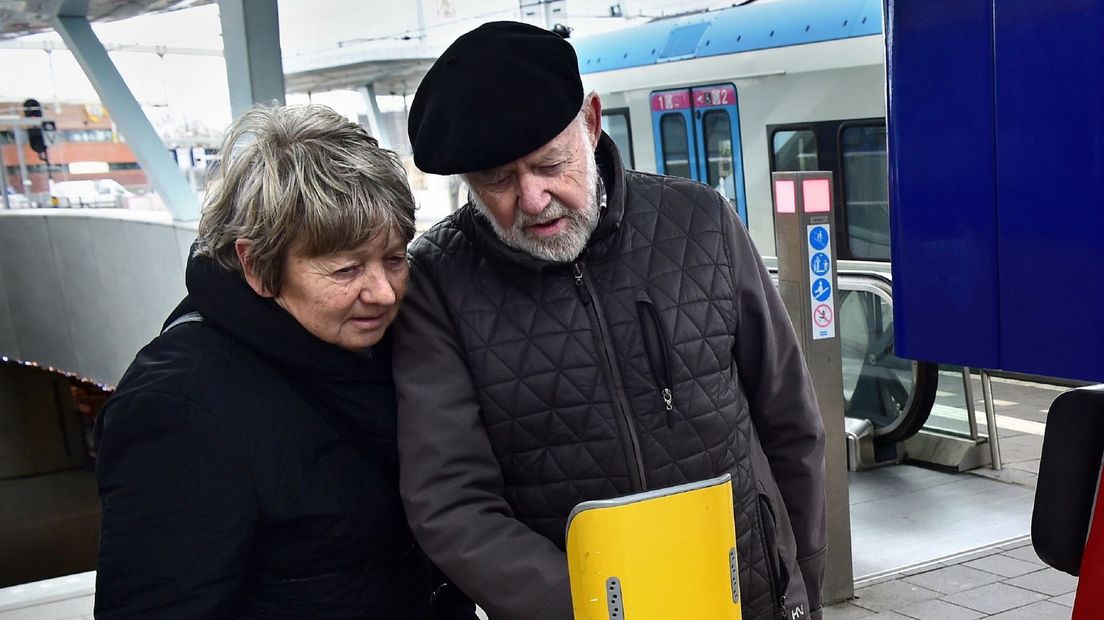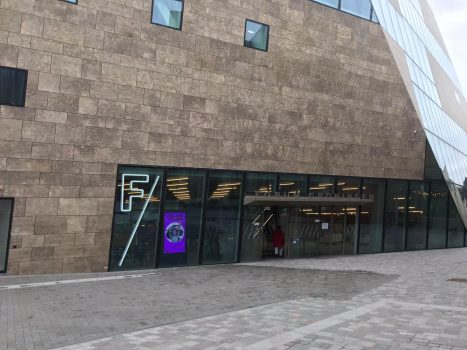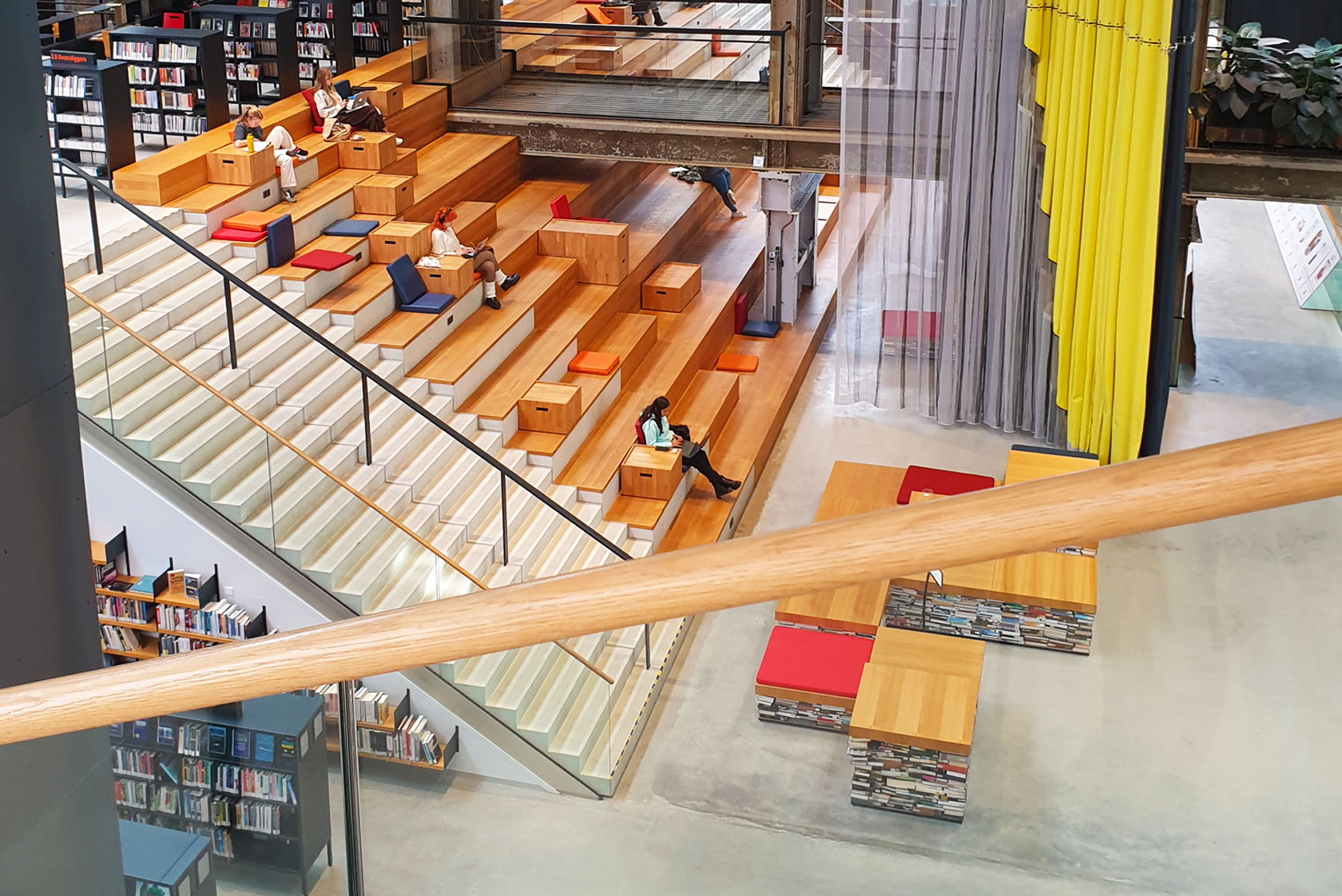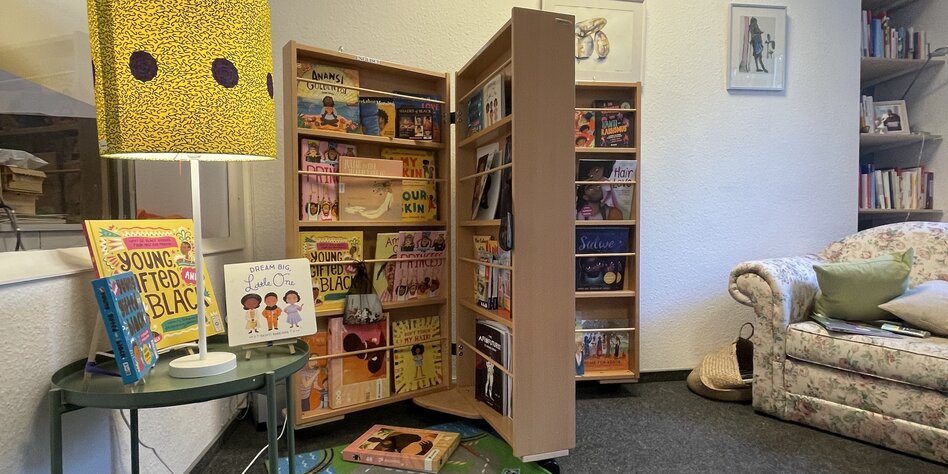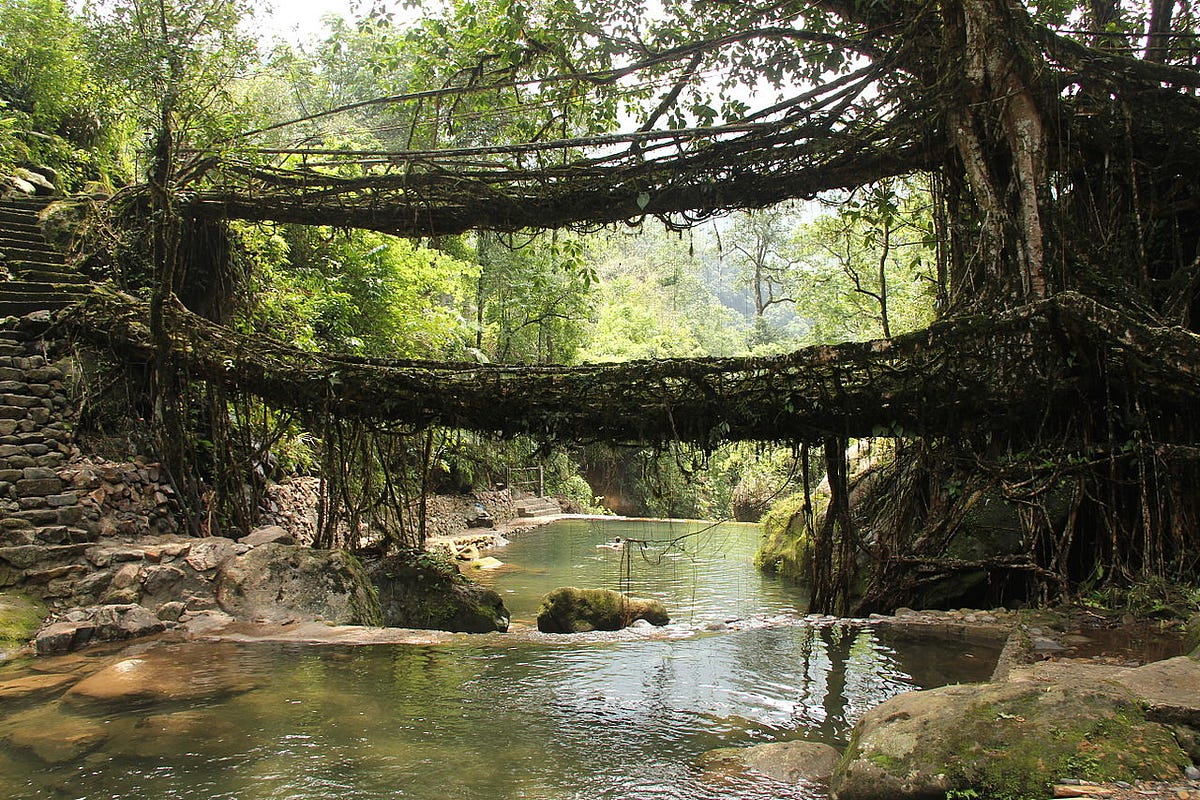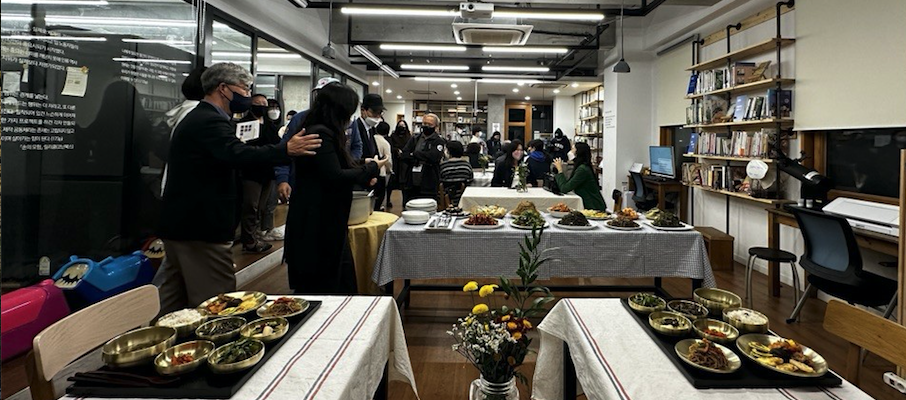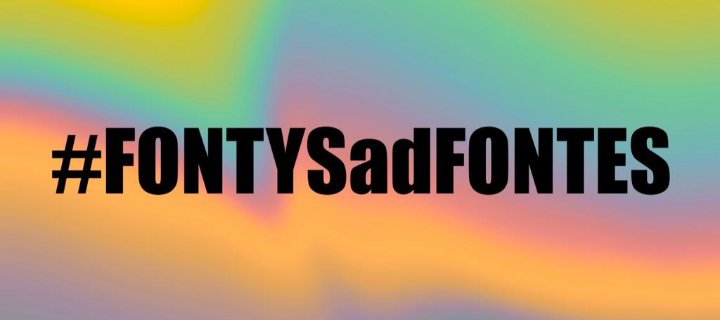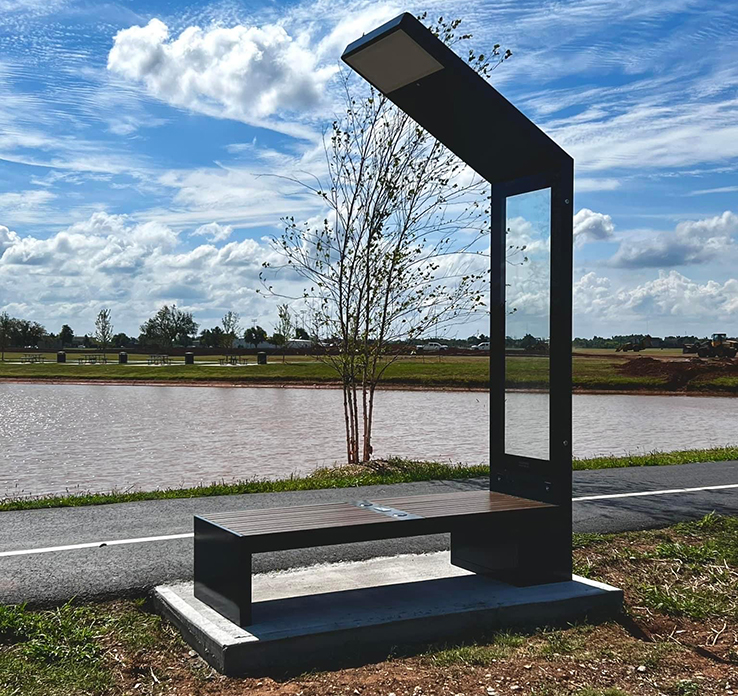- De Bieb Letter
- Posts
- De Bieb Letter #282
De Bieb Letter #282

Welkom!Een nieuwe dinsdag, bijna een nieuwe maand en een nieuwe Bieb Letter in je mailbox.De Bieb Letters worden niet meer automatisch op LinkedIn en Twitter geplaatst, dus daar doe ik het handmatig.Voor nu is er weer genoeg te ontdekken in bibliotheekland. Veel inspiratieplezier!
1. Bus
Er zijn nog best veel mensen die met de bus willen reizen, maar niet weten hoe. Gelukkig kan de bibliotheek hulp bieden.
Er is behoefte aan de cursus 'reizen met het openbaar vervoer' in de Drachtster bibliotheek. Voor de vierde keer stroomt een reeks lessen vol. Veel deelnemers stapten voor het laatst in strippenkaarttijd in de bus.Na de cursus stap je zo de bus of trein in, zonder het nog spannend of ingewikkeld te vinden. Dat is de belofte van de cursus, die bestaat uit vier bijeenkomsten en die gratis aangeboden wordt in de bibliotheek van Drachten.
2. AI
In de vorige editie stond al veel over AI in bibliotheken. Hieronder heeft de IFLA 23 artikelen gedeeld, waarmee je snel tot de kern komt omtrent AI in bibliotheken. Doe je voordeel ermee!
Artificial intelligence is said to be having a dramatic, even transformative effect on many aspects of society. It will affect libraries in multiple ways, through its use in library services but also through changing the search landscape, and so information literacy. We in the IFLA Artificial Intelligence SIG feel AI is something every professional is curious about. Therefore we have prepared the document below, selecting 23 resources for getting up to speed on the topic. We have selected items which are up-to-date and openly available.
Wat ik nog een aanrader vind, is de nieuwsbrief van Erwin Blom: FMT Handpicked | AI in de praktijk.
Overigens vindt de volgende halte van de AI Parade in Groningen plaats. De plaatselijke omroep keek of ChatGPT wel een nieuwsbericht kon schrijven over de AI Parade.Je staat er misschien niet bij stil, maar toen de AI Parade begon in Nederland, was er nog niet eens sprake van ChatGPT. Zo snel kan het dus gaan met ontwikkelingen.
3. Kijk
Het is altijd interessant hoe anderen naar de Nederlandse bibliotheken aankijken. De Duitse bibliothecaris Alena Behrens bezocht negen Nederlandse bibliotheken en schreef er een blogpost over.
This journey exceeded all my expectations and showed once again that it is always worthwhile to look beyond one’s own nose. Libraries in the Netherlands are rightly regarded by us as innovative and forward-looking. I can only recommend taking part in exchange programmes and study trips when the opportunity arises.
4. Bus
Als bibliotheken hebben we steeds meer over Third Place, de derde plek naast school/werk en thuis. Maar wat nu als deze derde plek een bibliobus is? In Duitsland is er een project gaande die met deze vraag bezig is.
Enne... Is het eigenlijk niet over met Third Place? Is die hype niet weer voorbij, net als NFTs?
Fahrbüchereien sind als mobile Bibliotheken lebendige Lern- und Begegnungsorte für die Bevölkerung im ländlichen Raum, die den gesellschaftlichen Wandel mitgestalten und das Miteinander in den Dörfern und Gemeinden stärken. Um von den Bürgerinnen und Bürgern noch stärker als offene und kommunikative Treffpunkte, verlässliche Informationszentren und digitale Kompetenzpartner wahrgenommen zu werden, entwickelt der Büchereiverein Schleswig-Holstein 2021/2022 im Kreis Rendsburg-Eckernförde ein innovatives Zukunftskonzept für alle Fahrbüchereien im Land.
5. Trends
Elk jaar geeft de IFLA een rapport uit met de trends, die zij voor de bibliotheken zien. Zeker interessant om door te nemen.
Since the original version almost ten years ago, the IFLA Trend Report has become a platform for sharing key ideas and insights from exciting thinkers inside and outside of our field. Across this all, the key theme has been that of looking to the future, identifying emerging issues and how we can respond.
Crucially, it has been about promoting an active, rather than a passive response. The fact that libraries have been around for so many centuries does not mean we are stuck in the past or unable to change. Indeed, it is because we have been able to change that we are still here today.
6. Zwart
Het wordt wel een erg Duitse Bieb Letter op deze manier. In Duitsland wordt zeker erkend dat Zwarte helden en heldinnen een plek in de bibliotheek verdienen. En het hoeven niet eens Duitstalige boeken te zijn. Diverse boeken komen uit Amerika en zijn gewoon in het Engels.
Ismail hat gemeinsam mit Maimuna Sallah im Mai 2022 die Schwarze Kinderbibliothek Bremen initiiert – bundesweit die erste überhaupt. Bei der Breminale war sie zu Gast, in Braunschweig und Hamburg. Nun hat das Projekt eine feste Anlaufstelle im Bremer „Viertel“, unterstützt von der Kulturbehörde. Am 28. Januar wurde die Eröffnung gefeiert. Nun soll der Raum regelmäßig geöffnet sein, erst mal an Samstagen und drei Werktagen.
7. Langzaam
In eerdere Bieb Letter berichtte ik al over het langzame bibliothecarisschap. Bibliothecaris Nick Poole van de bibliothecarissenvereniging CILIP schrijft zijn mening hierover. Eigenlijk moeten we gewoon ook rustig(er) aan doen in ons vak.
What we need, then, is not just more libraries, but more librarianship, and specifically, slow librarianship.
We need more time and space for the gradual collection and interpretation of knowledge. For the connections to appear, be strengthened and for new meaning to emerge. For meaningful connections with our communities that are not transactional, but are slow, looping, relaxed and geared towards the pleasantness, comfort and dignity that is the real foundry of the new.
We need to stop allowing ourselves to be reduced to transactions, and to start taking credit instead for our transformations. Not by what we contain, or how efficiently we manage our processes, but by what we enable and empower.
When everything in the world is screaming at us to speed up, what if the real answer to living well in a connected world is to slow down?
8. Korea
David Lankes is recent naar Korea geweest en hij schrijft over zijn ervaringen met de bibliotheken aldaar.
In some places libraries will be gardens, or gaming parlors, or book palaces. In all places, libraries must be truly co-owned by the community, with librarians serving as the common point of connection between communities, part of a vibrant peer-based learning network would constantly share ideas and adapt the best for their very local needs.
I reached this conclusion over years of working with librarians across the globe: A makerspace in a small central New York village; a network of food pantries in Canada; recording studios with instruments in the Netherlands; resources carried to remote tribes in Kenya on the backs of camels; a symbol of oppression transformed into a temple of the people in a revolution in Egypt. These are all libraries, all radically different, but all bound by a common mission.
9. Sluiten
De mediatheken van de Fontys hogescholen dreigen nog steeds gesloten te worden. Studenten en medewerkers zijn het hier niet mee eens. En terecht. De docenten zijn een petitie gestart.
Allereerst moeten we kunstwerken van dichtbij kunnen bekijken, op papier en eindeloos kunnen zoeken tussen de boeken. Maar er staat meer op het spel dan de prachtige collectie en ruimte op zich. Een grote zorg is het onherstelbare en onnodige gat aan kennis dat zal achterblijven bij verwijdering van de fysieke bronnen. Een groot deel van de boeken bestaat namelijk niet in digitale vorm of is in aanschaf onhaalbaar door te dure digitale abonnementen. Bovendien is het een misvatting om te denken dat informatie die niet gedigitaliseerd is, achterhaald of gedateerd zou zijn. Ook is de omgang met fysieke bronnen een specifieke vorm van leren die van grote waarde is voor ons als toekomstig docenten.
10. Licht
Zoals in het stuk van David Lankes te lezen is, is een bibliotheek eigenlijk van alles. Dus waarom niet een bank met een zonnepaneel?
When encountering a PLS solar bench, customers will discover more than just a cozy seat. Solar benches include a built-in solar panel, phone charger, and Wi-Fi that instantly connects the user to our digital library. In partnership with OverDrive, a simple QR code links directly to a “public access” collection of digital books, audiobooks, and magazines. Customers can instantly read, listen, and enjoy the opening sections from more than 100,000 e-materials from PLS. To borrow complete titles, the customer can download the app and sign up for a library card.
The bench itself serves as an advertisement for the library, giving space for a poster highlighting the library and the features of the bench. “The benches give the library great visibility in well-used and popular city venues,” said Clark. “Hopefully local citizens will visit the solar bench and want to dig deeper into all the library has to offer.”
Tot volgende week!
Bedankt voor het lezen van deze editie!
Tot volgende week!
Groet,Patrick
P.S. Hoe ga jij de gereserveerde boeken uit de kast halen?
Honestly instead of being constantly under attack, libraries should get even more money and support bc not only are librarians the best fellow book nerds authors could ask for, they’re also funny as heck tiktok.com/t/ZTRsU4kvc/
— Preeti Chhibber (@runwithskizzers)
3:17 AM • Jan 29, 2023
